On social media platforms today, there are spreading false information and biased views about Vietnamese culture and history...
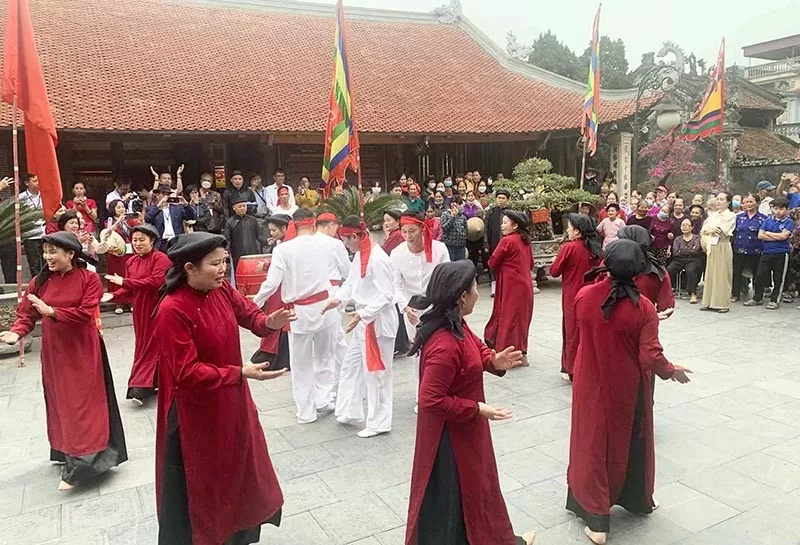 |
| Cultural space of Xoan singing artists at Hung Lo communal house, Phu Tho . (Photo: Ha Anh) |
Unforeseen consequences
These are unverified comments, possibly due to misunderstanding, lack of information, and even intentional distortion and fabrication.
For example, there is information that denies the history of our nation's resistance war to defend the country, intentionally blurring the importance and significance of historical victories, thereby reducing the value of the achievements and sacrifices of previous generations in the wars to defend the country.
Or biased, extreme comments on national cultural identity, denying cultural exchange between ethnic groups and nations, overemphasizing differences or similarities between ethnic and national cultures to incite conflicts.
There is also false critical information about historical figures with a one-sided perspective, distorting historical facts, aiming to reduce the value of the contributions of these historical figures.
Misleading views, when spread on social networks, can cause misunderstandings and negatively affect public awareness, causing a segment of the population, especially the youth, to become radicalized, leading to extreme actions and even violations of the law.
We will have difficulty in providing correct information and orienting public opinion when false information is easily pushed to become trending topics of discussion, making it difficult for state agencies to respond promptly and correctly.
Incorrect information about the country's culture and history also negatively affects the investment environment, causing concern for domestic and foreign investors. This will hinder the process of attracting investment, economic development, and reduce the prestige and national brand of Vietnam in the international arena.
Enhance the solution
We need to promote historical and culturaleducation for the young generation at all levels. It is necessary to integrate more content about Vietnamese history and culture into the general education curriculum, not only in subjects such as History, Civics and Literature, but also in all subjects.
This helps students gain insight into important historical events and figures, thereby forming national pride and awareness of protecting cultural and historical values.
It is also necessary to strengthen propaganda programs and raise public awareness through media campaigns, competitions, seminars and talks on Vietnamese history and culture.
Young people today have easy access to information on social networks, but they need to be equipped with the skills to distinguish between legitimate information and false information.
Courses or training programs on skills in verifying sources, identifying fake news, and analyzing information from media experts will help young people access information intelligently and responsibly.
We need to work more closely with social media platforms like Facebook, YouTube, and TikTok to monitor and remove cultural and historical misinformation.
At the same time, platforms need to strengthen censorship measures, notifications and warnings when detecting misinformation related to sensitive historical and cultural issues.
In early November 2024, the Government issued Decree No. 147/2024/ND-CP on management, provision and use of Internet services and online information, a new step forward in building and managing a safe and healthy cyberspace.
In addition to building a team of cybersecurity and communications experts to strengthen information monitoring activities, it is also necessary to create movements and community groups to support information verification and encourage people to share valuable and accurate information.
Source: https://baoquocte.vn/nhan-dien-nhung-thong-tin-sai-lech-ve-van-hoa-lich-su-295422.html


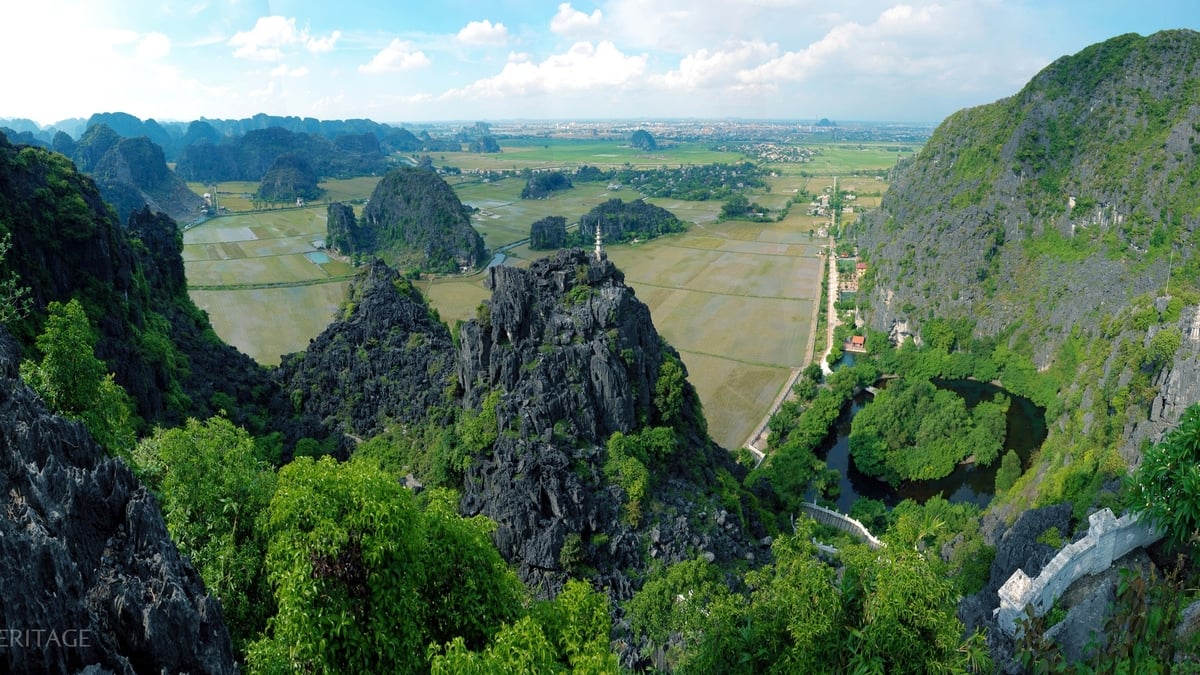




![[Photo] Prime Minister Pham Minh Chinh chairs a meeting on the implementation of the Lao Cai-Hanoi-Hai Phong railway project.](https://vphoto.vietnam.vn/thumb/1200x675/vietnam/resource/IMAGE/2025/5/20/0fa4c9864f63456ebc0eb504c09c7e26)
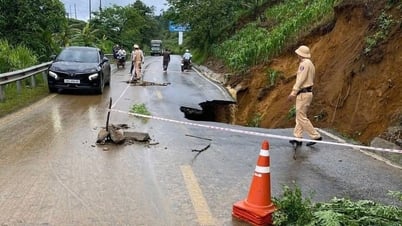

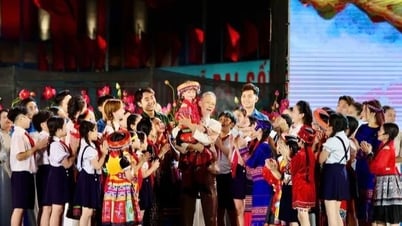
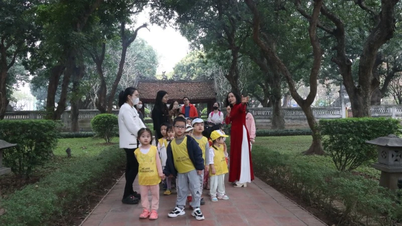

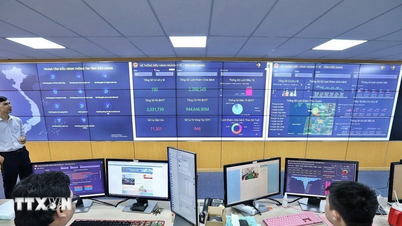



![[Photo] The Coming of Age Ceremony of the Red Dao in Ta Phin - A Legend in the Clouds](https://vphoto.vietnam.vn/thumb/402x226/vietnam/resource/IMAGE/2025/5/20/2b2b83f7639f4567b4c4b158b7235dc7)




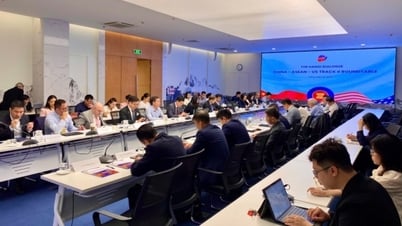
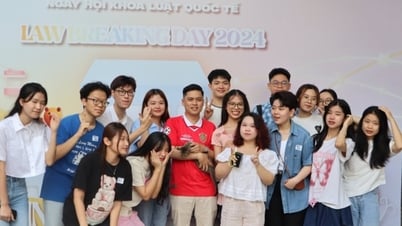
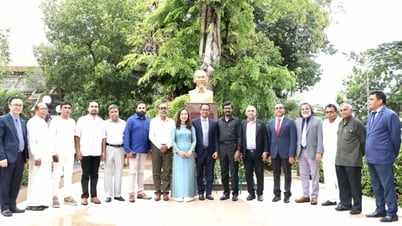
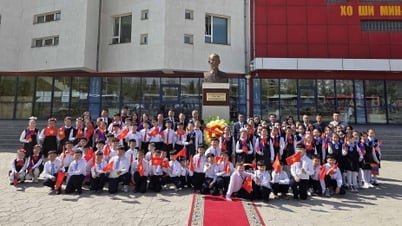

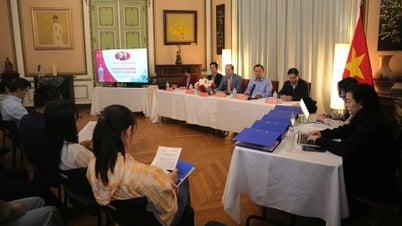
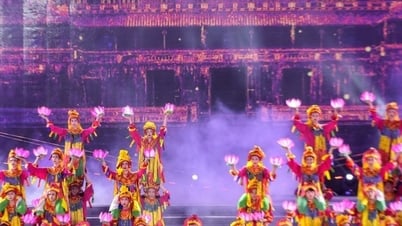






























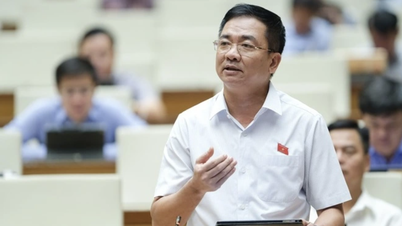
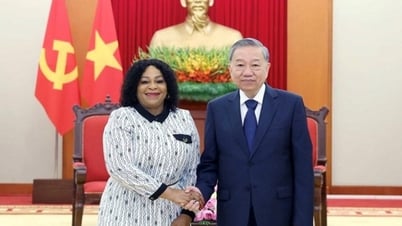

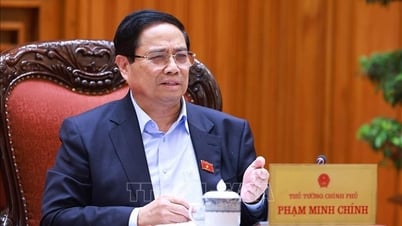

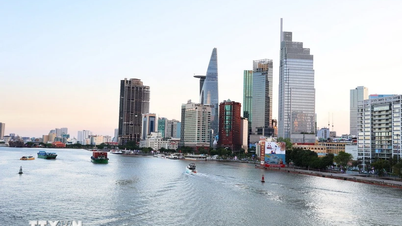
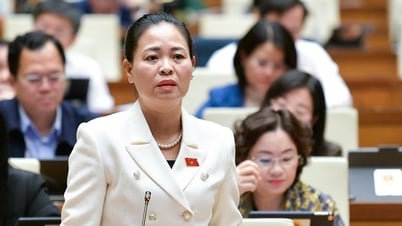

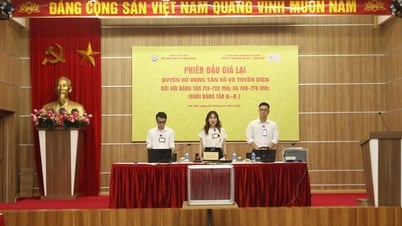

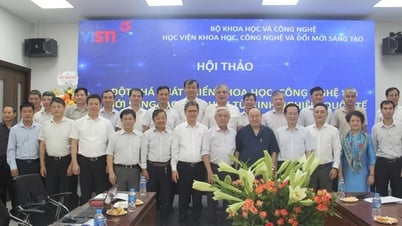
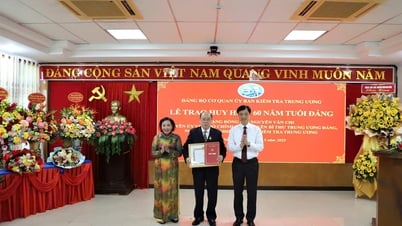

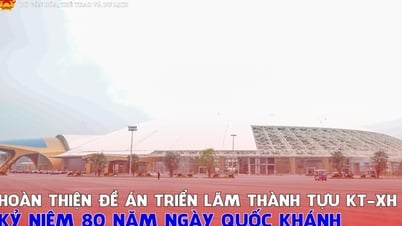

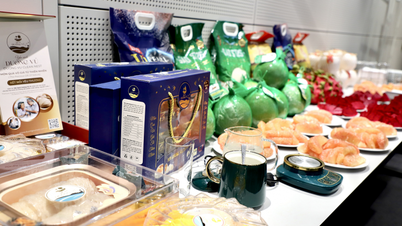

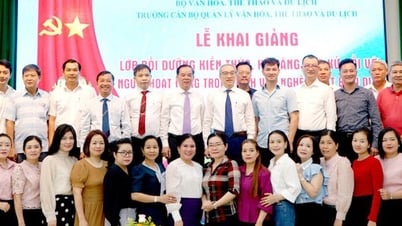
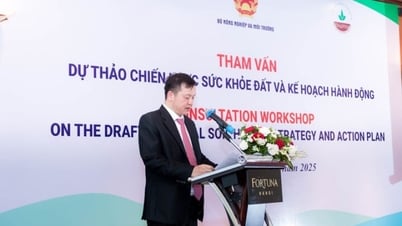

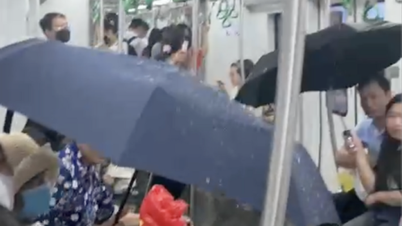
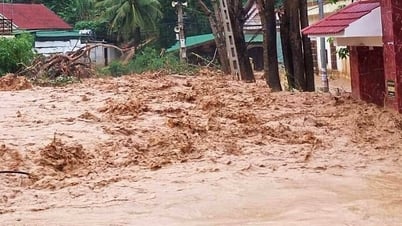
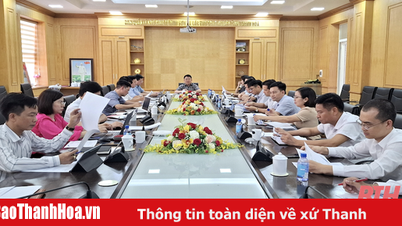

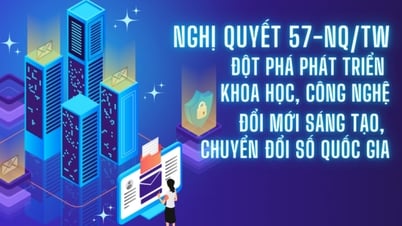













Comment (0)